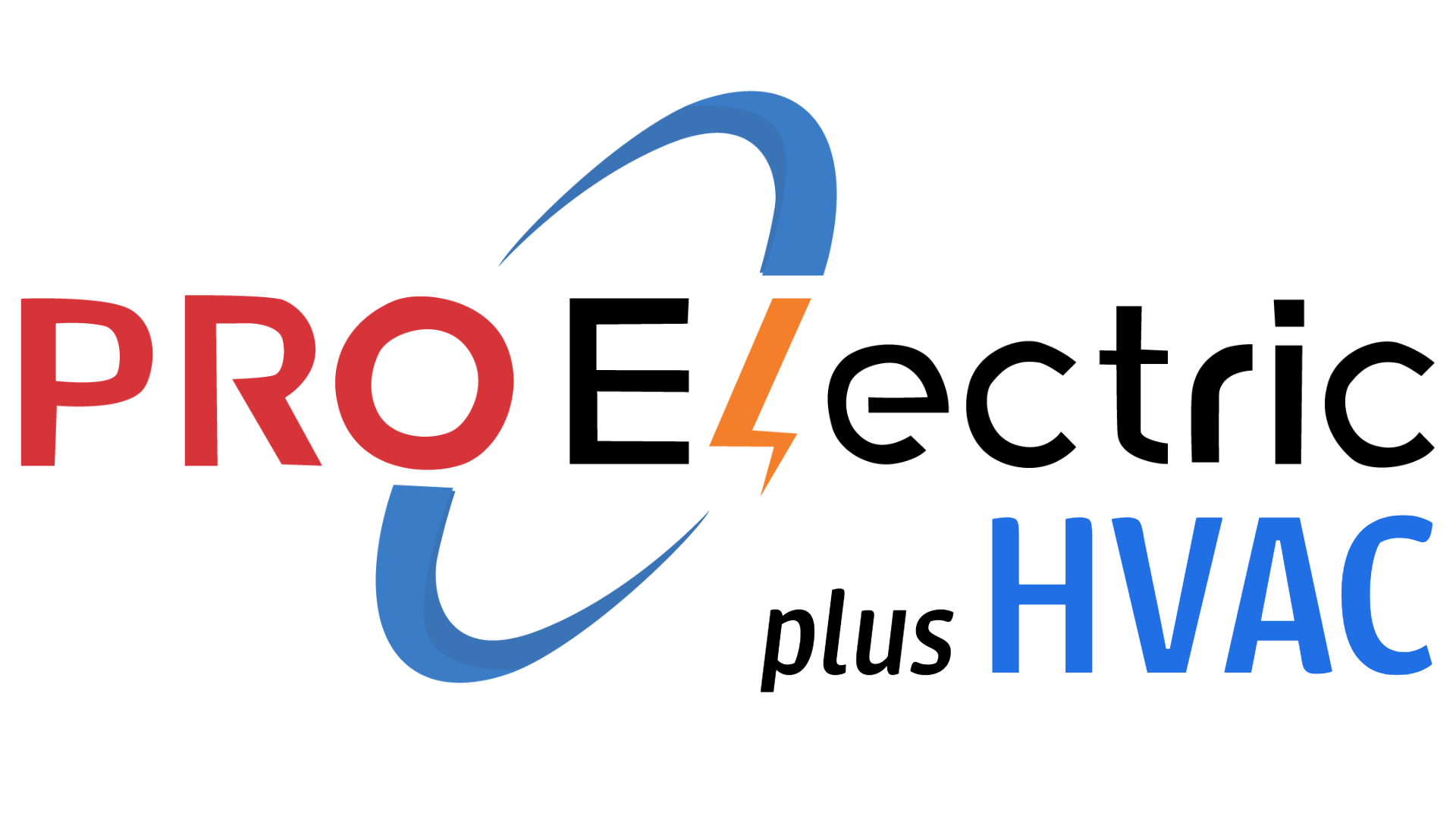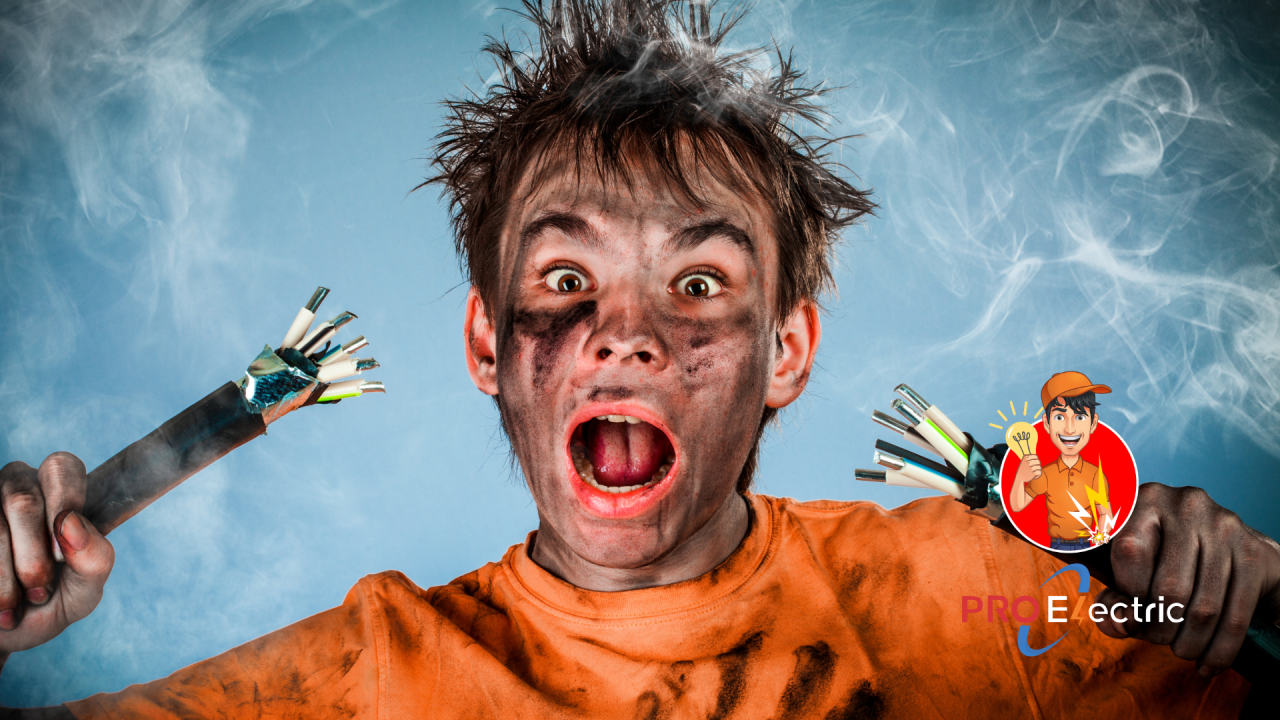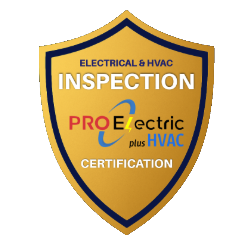50 Electrical Fire Hazards That Could Be Lurking in Your Home
If you hire a non-licensed electrician, you face a considerable risk of electrical fires. Here is a list of 50 common dangers (all of which can be avoided if properly installed and inspected by a licensed professional).
1. Improper Wiring Installations
It can misfire and even melt because of wrong wiring. It’s important to do it right.
2. Overloaded Circuits
When circuits are overloaded, the risk of overheating increases, causing electrical fires.
3. Lack of Proper Grounding
Without grounding, electrical systems are vulnerable to surges, which can cause fires.
4. Outdated Wiring (Aluminum or Knob-and-Tube)
For example, old wiring in our building is not designed to handle present-day electrical loads and is more likely to overheat and cause fires.
5. No Permit for Electrical Work
Skipping permits often leads to substandard work, increasing the chance of fire.
6. Poorly Installed Electrical Panels
An electrical panel installed improperly cannot handle the load, and overheating and fire can result.
7. Unprotected Wiring Exposed to Moisture
Wiring exposed to moisture can short out, causing sparks and fires.
8. Improper Circuit Breaker Sizing
The wrong breaker size can cause overloads and heat, resulting in fire.
9. Loose Electrical Connections
Loose connections create arcing, which produces heat and increases the chance of fire.
10. Using Non-Approved Materials
Non-approved materials often fail under stress, increasing fire risk.
11. Overloaded Electrical Outlets
Too many devices plugged into one outlet can cause overheating and fire.
12. Faulty Wiring Repairs
Improperly done repairs may worsen existing issues, creating further risks of electrical fires.
13. Incorrect Installation of Lighting Fixtures
Improper installation can lead to overheating, especially if installed near flammable materials.
14. Skipping GFCI Outlets in Wet Areas
Lack of GFCI outlets in wet areas leads to a higher chance of electrocution and fire from water.
15. Improper Installation of EV Chargers
An improperly installed EV charger can overload the system and start a fire.
16. Overloaded Extension Cords
Extension cords can overheat if overloaded, leading to fire.
17. Using Incorrect Wire Gauges
If a cable has the wrong gauge, it will overheat and can start a fire if it tries to handle too much current.
18. Bypassing Fuses or Circuit Breakers
This removes necessary safeguards, leading to overheating and potential fires.
19. Installing Outlets Near Heat Sources
Appliances plugged near heaters or stoves can melt the wires and trigger a fire.
20. Improper Use of Electrical Boxes
Loose electrical boxes installed to bare brick or plaster can cause sparks that can lead to a fire because the wires aren’t properly insulated.
21. Skipping the Electrical Inspection
Hidden hazards can go unnoticed without an inspection, increasing the fire risk.
22. Inadequate Ventilation Around Electrical Panels
Poor ventilation can cause the panel to overheat, leading to malfunction and fire.
23. Non-Licensed Electricians Ignoring Safety Codes
Ignoring safety codes increases the risk of faulty installations, leading to fires.
24. Improper Installation of Ceiling Fans
Sometimes, a fan is improperly installed, which causes the wiring to heat up and catch fire.
25. Overheating of Electrical Appliances Due to Poor Wiring
Incorrectly wired appliances can overheat, leading to potential fires.
26. Incorrect Placement of Electrical Panels
Installing panels in moist or poorly ventilated areas can result in overheating and fires.
27. Use of Faulty or Damaged Cables
Damaged cables are more likely to cause shorts, leading to fire hazards.
28. Using Extension Cords as Permanent Wiring
An extension cord is just for temporary use. If you use it permanently, it can overheat and catch fire.
29. Overfusing Circuits
Inserting a higher-rated fuse into a circuit than it was designed for can result in overheating and fire.
30. Lack of Arc Fault Circuit Interrupters (AFCI)
Each AFCI prevents fires that would otherwise occur because of dangerous electrical arc inside electrical cords, outlets, switches, and other equipment. Not installing them increases fire risk.
31. Poor Grounding of Outdoor Electrical Systems
Without grounding, outdoor systems can be hit by lightning or power surges, triggering fires.
32. Incorrect Installation of Power Outlets
Poorly installed outlets can spark and cause fire if wires are not correctly connected.
33. Use of Underrated Equipment
Using equipment not rated for the current load can cause overheating and fire.
34. Ignoring Rodent Damage to Wiring
Rats chewing on wiring exposes the wires and creates a potential for sparks and fire.
35. Failing to Install Tamper-Resistant Outlets
Tamper-resistant outlets prevent foreign objects from causing short, especially in homes with children.
36. Incorrectly Wiring Hot Tubs or Pools
Improper wiring of high-power systems like hot tubs can lead to electrocution and fire.
37. Installing Improper Electrical Panels for the Home’s Load
An undersized electrical panel can’t handle the home’s needs, leading to overloads and fire.
38. Failing to Use Proper Junction Boxes
Electrical connections outside a box can cause sparks and fires.
39. Ignoring Burn Marks on Outlets
Burn marks indicate overheating, which could cause a fire if ignored.
40. Using Damaged Power Strips
Damaged or overloaded power strips can easily overheat and start a fire.
41. Incorrect Use of Dimmer Switches
Installing dimmer switches with the wrong type of light bulb can lead to overheating.
42. Old or Faulty Smoke Detectors
Without working smoke detectors, a fire can spread unnoticed.
43. Overuse of Space Heaters
Plugging space heaters into faulty or overloaded circuits can lead to electrical fires.
44. Improperly Installed Solar Panels
Incorrect wiring of solar panels can cause shorts and fires.
45. Incorrect Use of Metal Conduits
Using metal conduits without proper grounding can lead to electrical shocks and fire.
46. DIY Electrical Work Without Proper Knowledge
Homeowners attempting DIY electrical work often make dangerous mistakes that can cause fires.
47. Ignoring Recurring Breaker Trips
If a breaker trips multiple times, this can indicate something more serious, leading to a fire if not addressed.
48. Failing to Install Surge Protectors
Just as a surge protector protects against fire, surge protectors are needed to protect appliances and electrical systems from spikes.
49. Installing Appliances Without Checking Electrical Load Capacity
Careless installation of large appliances without checking the system to see whether it can cope with the load can fire.
50. Improper Wiring in Attics or Crawl Spaces
Exposed or improperly installed wires in tight spaces can overheat and cause fires.



